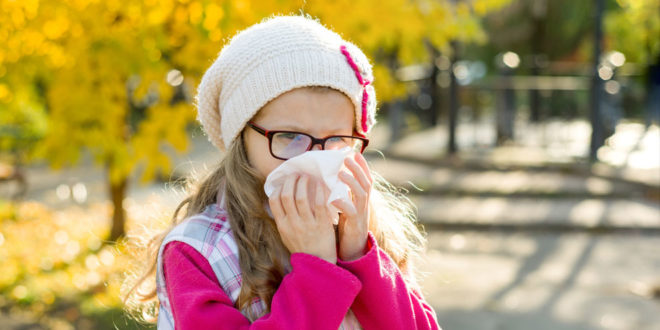According to the CDC, millions of Americans catch colds and have an average of 2-3 colds per year.1 But what if we could prevent colds? What if we could eat foods to prevent getting sick. While there are no guarantees of avoiding colds, we can try and prevent them. Here are three food ingredients we can include in our diet everyday or take at the onset of a cold.
Three Ingredients to Help Prevent Colds
Zinc. Several studies have examined the effectiveness of zing lozenges, and according to the Cochrane study review, the researchers concluded that zinc can help prevent and reduce the duration of the common cold. The amounts taken in these studies range from 10 – 24 mg taken every one to four hours over a 3 – 7 day period. While researchers continue to study the effectiveness of zinc, add zinc-based lozenges to the list to fight colds. Adding legumes, seeds, nuts and whole grains to the diet will supply zinc.
Vitamin C. Lemons, oranges, grapefruits and other citrus fruit are known to contain vitamin C. This nutrient has a long history of being studied for preventing scurvy and other disorders. It has also been extensively researched for preventing colds. But it seems the final conclusion is that it may reduce the length of a cold by one day and it does nothing to prevent colds. Citrus fruits and vitamin C are still important to a healthy diet and help to support overall health. 2
Probiotics. Yogurt and other fermented food such as sauerkraut and kimchi contain probiotics. Researchers report that although they are beneficial to digestive health, they have not been shown to help reduce the symptoms of the common cold. A few studies show that probiotics may help reduce respiratory tract infections.
Establishing Good Habits
Many other foods, supplements and food ingredients are used to reduce symptoms but there are no benefits or results that are consistent. These substances include ginger, turmeric, echinacea, ginseng, garlic, various Chinese herbs, and more. Honey is also used and there is some evidence that it may provide benefits with coughing in adults and not children. 4
Our habits can impact our overall health and help prevent colds. Habits such as getting enough sleep, eating a healthy diet, getting adequate physical activity, and coping with stress help support the immune system to fight bacteria and viruses. Establishing good practices can help beat the common cold.
Pamela Williams writes from Southern California.
If you liked this, you may also like Cold Snap
References:
- Common Colds; Protect Yourself and Others. (2019) Accessed December 1, 2019, dc.gov/features/rhinoviruses/index.html
- Rao G, & Rowland K. Zinc for the Common Cold - Not if, But When. J Fam Pract. 2011 Nov; 60(11): 669–671
- Common colds: Does vitamin C keep you healthy? (2006), Accessed December 1, 2019, ncbi.nlm.nih.gov/
- Allan G, Arroll B. Prevention and treatment of the common cold: making sense of the evidence. CMAJ. 2014 Feb 18; 186(3): 190–199.
 Answers for Me Support & encouragement for every-day life
Answers for Me Support & encouragement for every-day life



